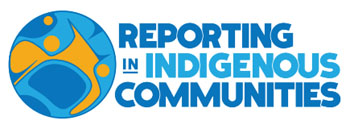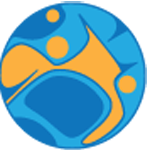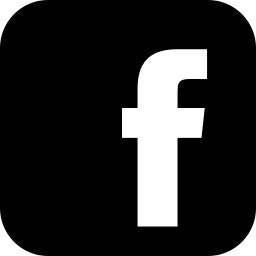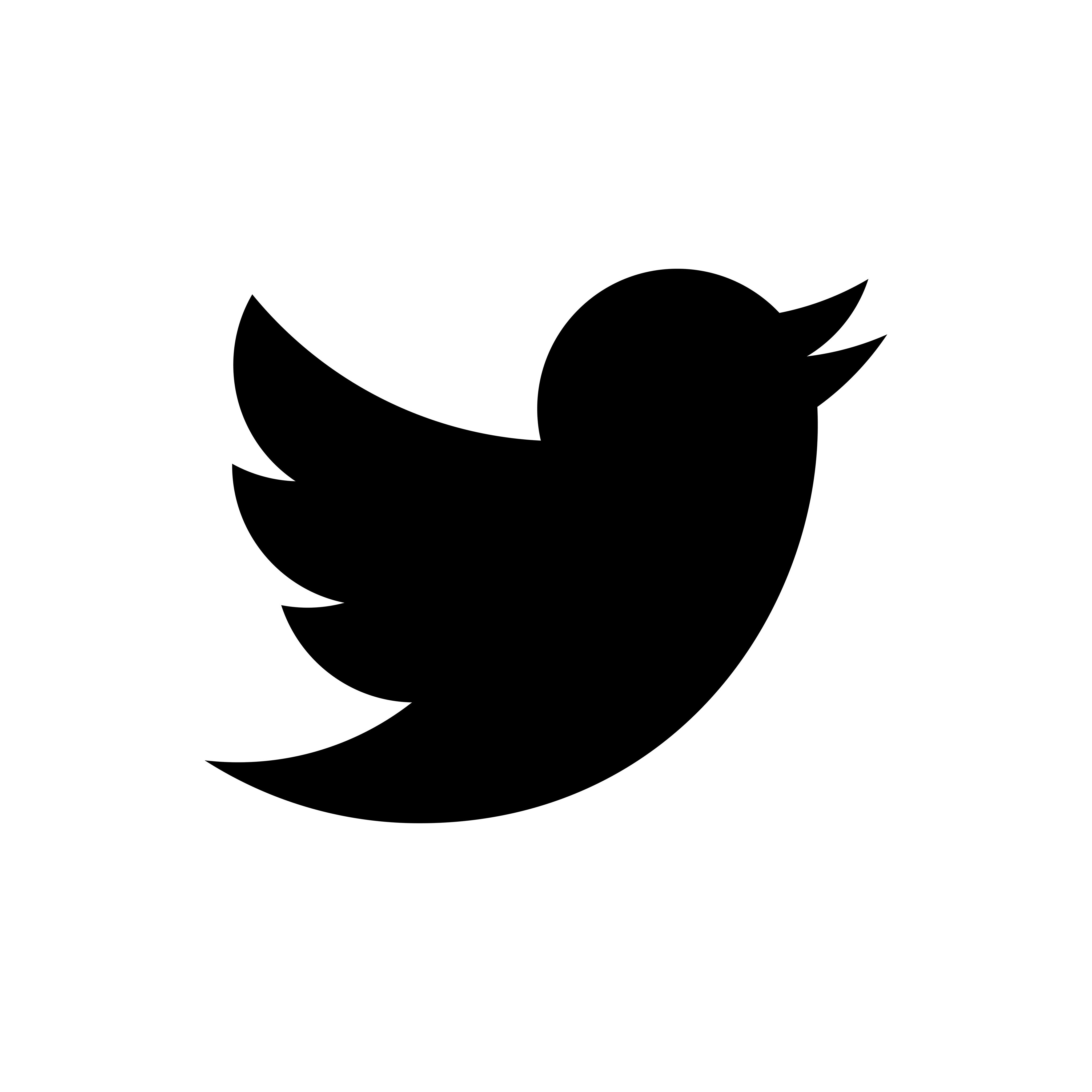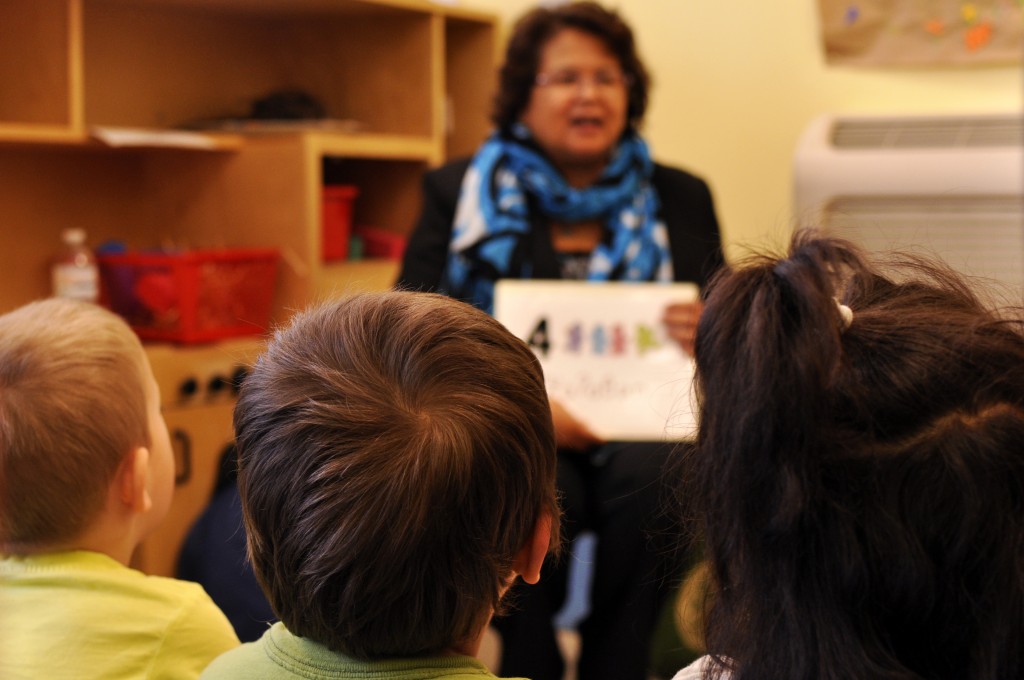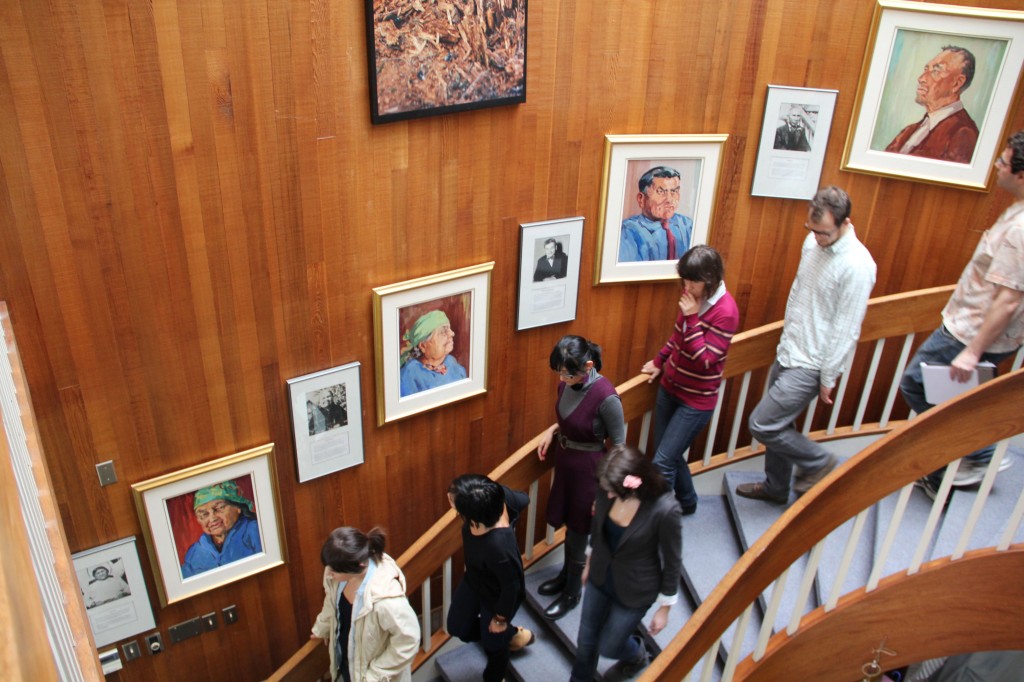28 Dec UBC RIIC 2014: UBC journalism students to report on Aboriginal youth
Take a statistical snapshot of the Aboriginal youth population in Canada today, and it’s a picture either brimming with opportunities — or a powder-keg waiting to explode.
The human potential is enormous, with growth rates in Aboriginal communities three to four times the national average. Yet, Aboriginal youth are far more likely than their non-Aboriginal peers to be wards of the state, live in low-income families, drop-out of high school, be unemployed, suffer from poor health, wind up in prison, or commit suicide.
That’s why the Reporting in Indigenous Communities (RIIC) course is shifting its attention this year to Aboriginal people under the age of 25.
“For quite some time, Aboriginal leaders have talked of an ‘Aboriginal youth tsunami’ sweeping across Canada,” says Duncan McCue, the award-winning CBC journalist who teaches the RIIC course. “Aboriginal youth are looking for change, but many still face harsh realities. We want to explore what it means to be an Aboriginal youth in this country, by hearing the oft-neglected voices of youth themselves.”
Led by McCue, UBC j-schoolers will learn about Indigenous ethics, histories, and politics, then immerse themselves in dozens of First Nations and urban Indigenous communities in B.C’s Lower Mainland. Community partners include the Squamish Nation, Tsleil-Waututh First Nation, Tsawwassen First Nation, Sto:lo Tribal Council, the Sto:lo Nation and the Metro Vancouver Aboriginal Executive Council.
“The UBC School of Journalism is committed to improving the quality of Aboriginal representation in the media, and our partnership with Indigenous communities continues to be the cornerstone of this course,” says McCue.
The students’ final project will result in a series of multi-media stories on Aboriginal youth for mainstream media partners CBC Radio and the Vancouver Sun.
This is the third year UBC Journalism is offering the RIIC course, the only course of its kind in Canada. The inaugural RIIC project, Shxw’éyelh: Stories of Health and Healing, was nominated for a Canadian Online Publishing Award. Last year, students tackled water issues, in a series entitled Tsuk Ekanam: Water Stories.
McCue designed the curriculum for the course while on a Knight Fellowship at Stanford University in California , where he also developed an online educational guide to assist reporters who cover Indigenous communities, www.riic.ca.
Thirteen students will begin the course in January and will publish a final series in the spring.
